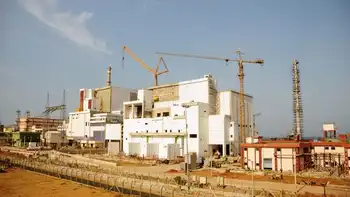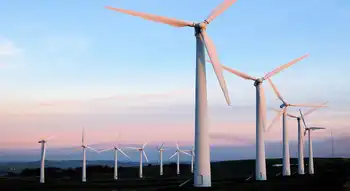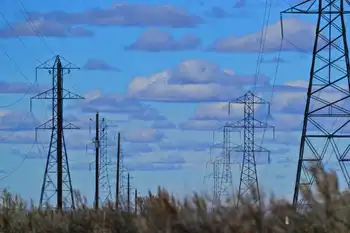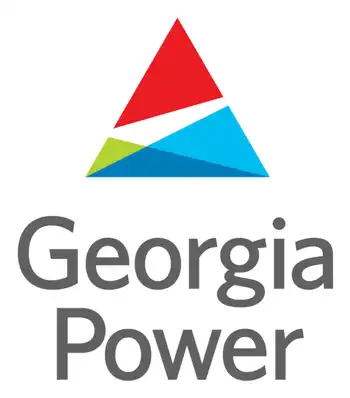U.S., Russia to enhance nuclear energy cooperation
WASHINGTON, D.C. - The United States and Russia has agreed to enhance global and bilateral nuclear energy cooperation, said a statement released by the Energy Department.
"U.S. Secretary of Energy Samuel W. Bodman and Russian Federal Atomic Energy Agency (Rosatom) Director Sergey V. Kiriyenko submitted to U.S. President George W. Bush and Russian President Vladimir Putin a joint work plan that will provide a framework for further bilateral cooperation in the development of nuclear energy technology and deployment," said the statement.
The plan was completed and signed by both sides as part of an agreement that stemmed from the G8 Summit in St. Petersburg, Russia, in July of this year, the statement added.
"The safe expansion of emissions-free nuclear energy provides a wealth of possibilities to developed and developing countries alike," Bodman said in the statement.
"This agreement between our two nations will help further nuclear technology, but also the path to more securely expand the use of nuclear energy around the world," he added.
The plan details principal areas of cooperation as well as short- term cooperative focus areas, underscoring that both countries see a strong need and role for the expansion of safe, emissions-free nuclear power.
In addition, it discusses the two nations' common vision for the structure of the global nuclear energy system of the future, and for discouraging the spread of sensitive nuclear fuel cycle technologies through comprehensive nuclear fuel services, according to the statement.
Related News

Indian government takes steps to get nuclear back on track
DELHI - A lack of available domestically produced nuclear fuel and delays in constructing and commissioning nuclear power plants, including first-of-a-kind plants and the Prototype Fast Breeder Reactor (PFBR), meant that India failed to meet its nuclear generation targets under the governmental plans over the decade to 2017.
India's nuclear generation target under its 11th five-year plan, covering the period 2007-2012, was 163,395 million units (MUs) and the 12th five-year Plan (2012-17) was 241,748 MUs, Minister of state for the Department of Atomic Energy and the Prime Minister's Office Jitendra Singh told parliament on 6 February. Actual nuclear generation in those…




